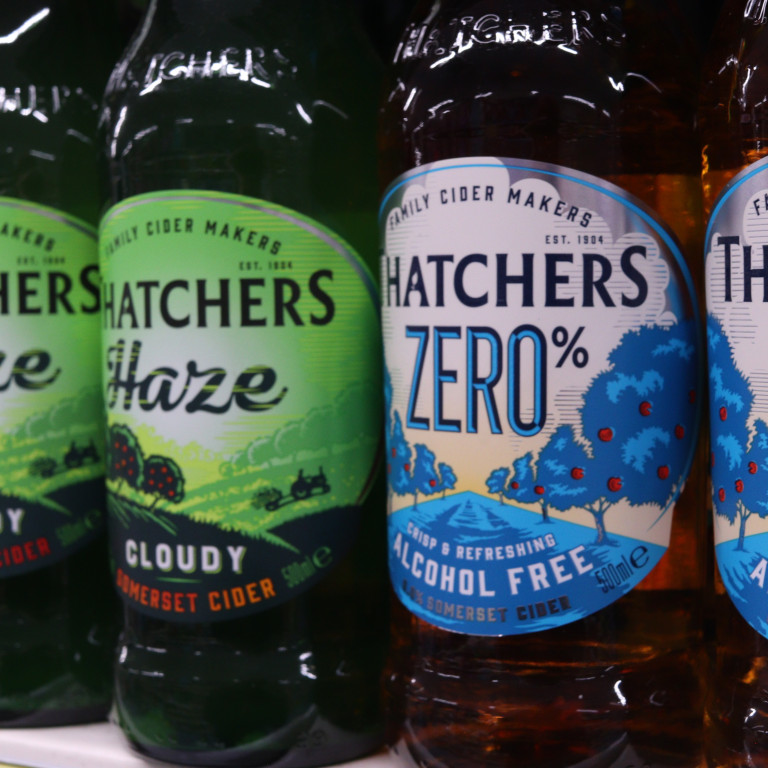Trustees naturally focus on the philanthropic goals of their charity, but this can lead them to overlook the commercial value and importance of the charity’s intellectual property rights. This oversight can result in missed opportunities and potential risks.
Intellectual property rights are valuable assets which can help charities with financial stability and brand recognition. This insight discusses trustees’ obligations under charity law, the risks of not safeguarding intellectual property assets and how Tozers can help you moving forward.
What are trustees’ obligations under charity law?
One of the key legal duties expected of trustees is that they must ensure the charity’s resources are managed responsibly, i.e. that they will exercise sound judgment. In relation to intellectual property, trustees must:
- Ensure the charity’s assets are only used to support or carry out its purposes.
- Avoid exposing the charity’s assets, beneficiaries or reputation to undue risk.
What are the risks of not protecting a charity’s intellectual property?
Trustees should put appropriate procedures and safeguards in place to protect intellectual property and take reasonable steps to ensure that they are followed. Failure to do so risks the charity being vulnerable to intellectual property litigation, including:
- Trade mark opposition proceedings;
- Intellectual property infringement proceedings; and
- A finding that the trustees are in breach of their duties.
Trustees should manage risks responsibly as they have a duty to avoid exposing the charity to undue risk. This doesn’t mean being risk averse, but it does mean looking at protecting the charity’s assets holistically through risk management, i.e. identifying and assessing risks and deciding how to deal with them.
Risk management may involve an element of responsible risk taking and is central to how trustees make decisions. The best way to safeguard intellectual property is to engage with a specialist legal adviser who can help you with a comprehensive intellectual property strategy.
Why is trade mark registration important?
Many charities have not considered trade mark registration and are relying on unregistered rights, which can be difficult and expensive to enforce, leaving them unprotected and vulnerable.
Thoughtful registration of trade marks lies at the heart of many a charitable success. Words and logos are essential components of your branding, and registering them protects the brand. They help the public recognise your charity, distinguish you from other charities and build trust.
Registering a trade mark has three key benefits:
- You will gain exclusive rights to use the trade mark. If an individual or organisation starts using words/logos that are similar to your trade mark without your permission, you will be able to stop them and obtain remedies to cover any loss your charity suffers as a result.
- It will act as a deterrent to infringers as you can show that you take your intellectual property rights seriously and are likely to defend them.
- A trade mark is an asset and can be exploited to generate income, e.g. through licensing.
How can Tozers help with registered trade marks?
There is no one size fits all legal advice for charities, and this is certainly the case with trade marks. It’s essential to safeguard your branding by registering a variety of trade marks, and this is commonly referred to as your trade mark portfolio. Having a diverse mix of word and logo trade marks will offer you the strongest form of protection, and our expert lawyers can help you identify what to protect (which can often seem daunting).
We offer competitive fixed fees for trade mark registration work, and we offer a Branding MOT service to help identify what needs to be protected.
How does trade mark registration help with licensing a charity’s brand awareness?
Intellectual property rights create legal rights that can be sold, assigned, franchised, or commercially contracted. Where a charity enters an agreement with a commercial organisation, e.g. to fundraise, this will typically involve the licensing of the charity’s intellectual property rights to promote the organisation’s products or services for a royalty fee. Registration is a prerequisite to convenient dealings with third parties because it is important to be able to control how the licensee uses the charity’s branding.
How can Tozers help with trade mark licensing?
We can review and prepare trade mark licence agreements to ensure that your assets are protected. We can also assist with due diligence to ensure that relevant checks are conducted before the agreement is finalised.
What other intellectual property rights are important for charities?
There are a variety of intellectual property rights, and charities and trustees should also aim to have a basic understanding of copyright, design rights and database rights. Alongside these intellectual property rights, confidential information and trade secrets should not be neglected.
Why should we choose Tozers to help with intellectual property?
Our team excels in providing tailored advice to Charities across Corporate and Commercial, Employment, Litigation, Data Protection and Intellectual Property matters. We also assist charities with governance and constitutional matters, restructures, charity law compliance, mergers, collaborations, and dealings with the Charity Commission, such as serious incident reports. Our expertise supports organisations in achieving their charitable objectives and maximising their impact for the communities they serve. We are a corporate Partner of CharityComms and are listed on their supplier directory.
As a top firm for client satisfaction, we have built a reputation as good listeners who can help break down complex legal jargon into words you can understand and are experts at advising on your specific situation.




